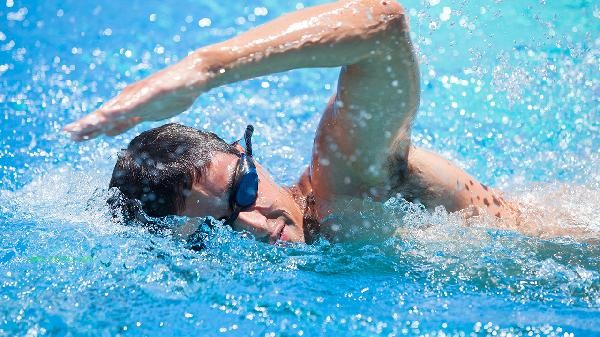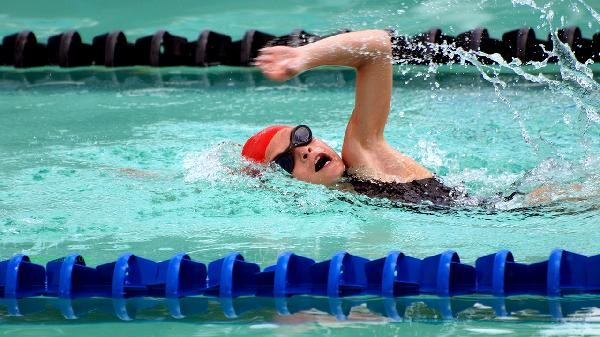Feeling hungry after swimming is usually related to increased energy expenditure, temperature regulation, and accelerated water metabolism. Swimming, as a systemic aerobic exercise, accelerates glycogen breakdown and fat metabolism, while a cold water environment may further stimulate the appetite center. When swimming, the body needs to simultaneously resist water resistance and maintain body temperature, with significantly higher energy consumption than land exercise. The heat conduction speed of water is 25 times that of air. Even if the water temperature is suitable, the human body will maintain the core temperature by producing heat through trembling, which consumes a large amount of heat. The decrease in blood sugar levels after swimming activates the hypothalamic feeding center, promoting hunger and replenishing energy reserves in the body. Some people mistakenly recognize thirst signals as hunger after swimming, and dehydration may amplify their desire to eat. Cold water environment can cause vasoconstriction and increased adrenaline secretion, which may temporarily suppress gastrointestinal blood flow. After swimming, when blood is redistributed to the digestive system, a strong sense of fasting may occur. Some swimmers may develop a craving for salty foods due to a low sodium state caused by not replenishing electrolytes in a timely manner after exercise. Swimming for more than 45 minutes may deplete muscle glycogen reserves, prompting the body to replenish carbohydrates through hunger signals.

It is recommended to consume moderate amounts of complex carbohydrates such as oats or whole wheat bread one hour before swimming, and avoid exercising on an empty stomach. After swimming, supplement with electrolyte containing sports drinks and wait for 15 minutes before assessing the true level of hunger. Choosing high protein, high dietary fiber foods such as chicken breast with vegetables can alleviate hunger and avoid overeating. Maintaining regular swimming habits can help the body adapt to energy metabolism patterns and reduce the likelihood of overeating after exercise. If there is persistent abnormal hunger accompanied by palpitations and hand tremors, it is necessary to investigate issues such as hypoglycemia or thyroid dysfunction.









Comments (0)
Leave a Comment
No comments yet
Be the first to share your thoughts!